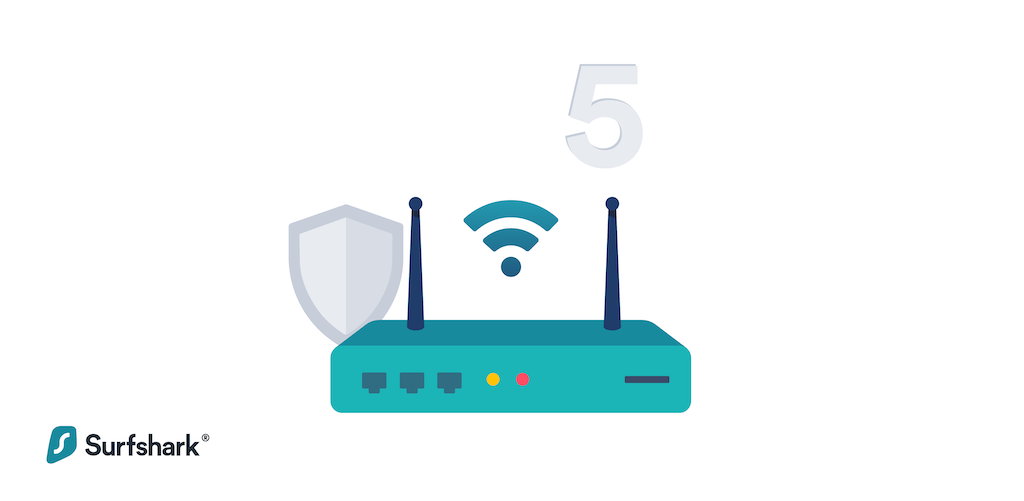
‘’Who has access to this information?!’’ you may be wondering. Not every person online will see that you’re connected to a VPN. Apart from antivirus programs, we should also be cautious about what we share and what we click on online. Thus, a VPN isn’t the only solution to online threats. User, here’s my actual home address,” that information becomes public even if you’re using a VPN.Īs you can see, an IP address isn’t the only identifier on the internet.

When you go around the internet saying, “I’m John Q. If you log into your personal Google account, Google still knows that it’s you and follows the steps you take in the Google ecosystem, even when a VPN is in use. Doxxingĭoxxing is a malicious practice that people use to expose someone’s private information, like their home address or workplace. T o avoid DNS leaks, use a VPN that provides you with its own DNS addresses. These leaks can compromise your privacy by exposing your activity online. DNS leakĭNS leaks can happen when a VPN or a DNS is not set up correctly and when your device gets hacked. More intrusive than cookie-based tracking, fingerprinting uses your computer settings, software, web browser preferences, and other similar things to make a digital portrait of you. However, popular browsers like Google Chrome allow you to block cookies if you’d rather not have your internet habits saved and stored on the internet. CookiesĪdvertisers can track you across the internet based on cookies, whether you use a VPN or not. Unless you use a VPN, a proxy, a Tor browser, or any other privacy protection tool, your real IP (Internet Protocol) address is visible to the websites you visit. Here are the most common ways you can be tracked online – some of them can bypass even a VPN: MalwareĪccidentally installing malware on your device can result in severe issues like stolen personal information or even fraud. Of course, that’s just a very broad overview of how tracking may manifest or be achieved.

Outside of just knowing that you’re using a VPN, knowing what you do online relies on malware, cookies, or logging into accounts.The easiest way for your personal information to spread is for you to reveal it online.There are ways to see that you’re using a VPN.With regard to the criteria outlined in the section above, here’s how tracking might look when you have a VPN on: However, it is much harder, and a lot depends on what you, the user, do. Can someone see that you’re using a VPN?.

It’s important to first understand what tracking is in this context.

When will this issue be fixed? I bought this since it was advertising the F out of that split tunneling feature, but now that I get to use it, I find out it was a scam and nothing else.What do we talk about when we talk about tracking? This behavior is happenign on multiple devices (completely different devices) on 2 different locations, so the issue clearly stands with surfshark's extremely poor quality of a system. Problem 3: online games you play WILL be routed through the VPN so if your VPN connection starts getting unstable (and it does every ~30 minutes), your game will suffer bad network connectivity due to surfshark and you must alt tab, fix the surfshark issue and then get back, 30 minutes later do the same, so on and so forth. Problem 2 after steam logs in (without the VPN), if you turn on the VPN, you cannot browse the store or the community because they have also cannot be reached (despite you specifically setting all of steam's programs and hosts to the exceptions - list you can find via Glasswire). The most common troubleshooting step is to set "surfshark's custom DNS in your ethernet adapter's ipv4 properties", doing this will make it so that absolutely no new connections can be made while your VPN is turned off, and it doesn't fix the whitelisting issue at all. Whitelisting the domains for steam doesn't actually whitelist them, as you can still browse to them, and if you login, the login will appear from the location of the VPN server.Īttempting to use the troubleshooting tips offered by the support team does not help, they only create even more issues. Having surfshark open and connected, and if you have the steam apps whitelisted, you cannot login on the steam app due to internet connection not being made (whitelister seems to have been turned into an universal "no internet" switch). Problem 1 steam logins cannot be established:


 0 kommentar(er)
0 kommentar(er)
